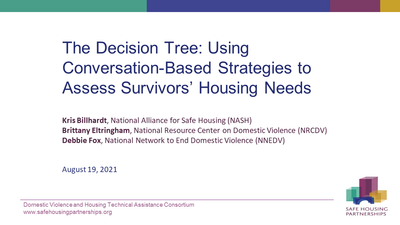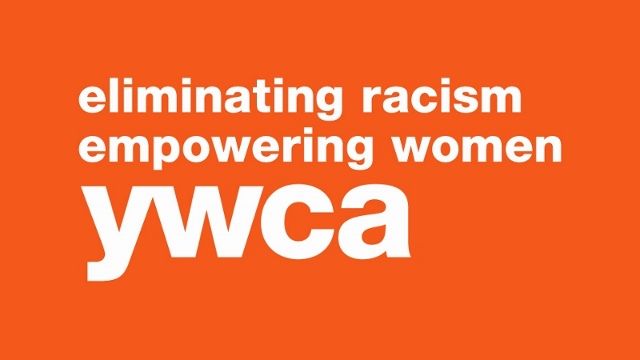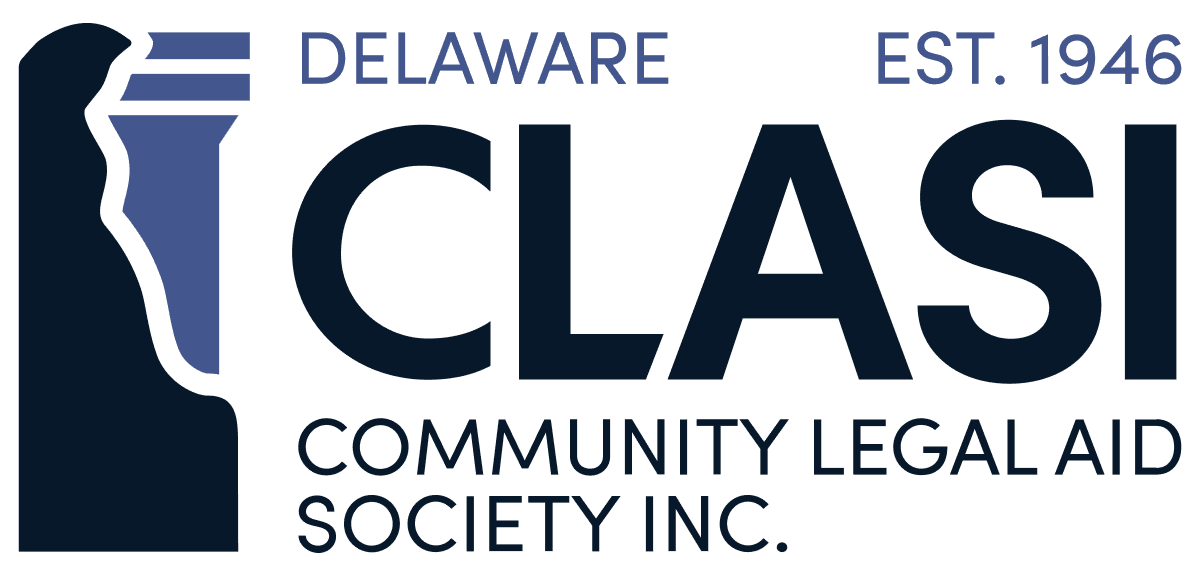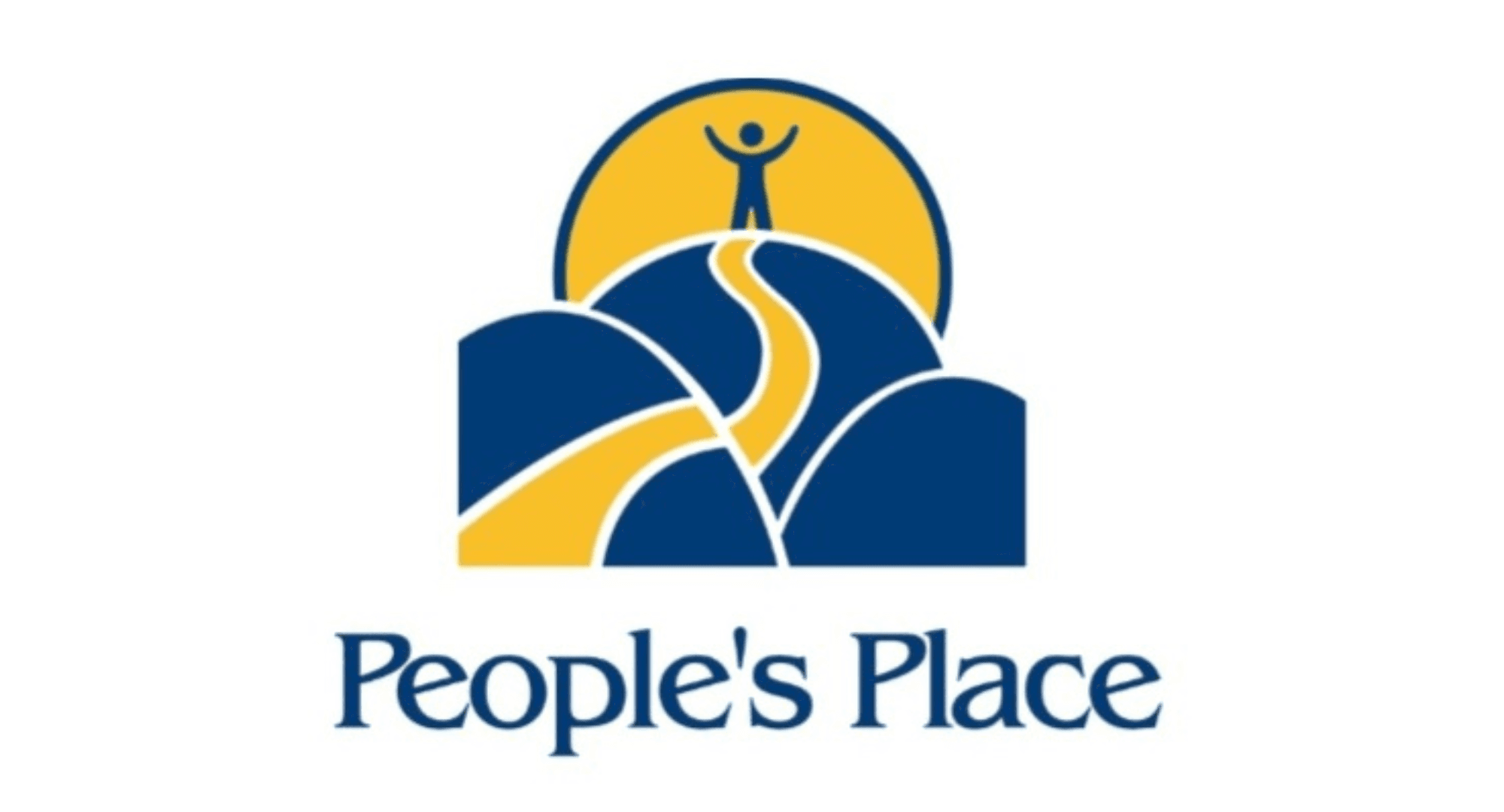The Decision Tree: Using Conversation-Based Strategies to Assess Survivors’ Housing Needs
-
Recorded 08/19/2021; 75 minutes
Safe housing is foundational to survivors’ movement toward self-determination and healing. Regardless of a survivor’s point of contact with a DV advocate (shelter, CPS, courthouse, Family Justice Center, culturally specific program, or other setting), assessing their housing needs is a best practice. Conversation-based approaches such as the “Decision Tree” are survivor-driven, trauma-informed, and honoring of survivors’ multiple and intersecting identities. This workshop will explore the development of such approaches and how advocates can use them to guide their conversations with survivors and help direct them to the best housing resources.
Presenters
Brittany Eltringham (she/her) is passionate about the relationship between meaningful choice, self-determination, and ending gender-based violence. Brittany joined the National Resource Center on Domestic Violence (NRCDV) after several years of working at the local level. She is anchored to and draws upon her experience as a feminist, Native Hawaiian woman and maintains a deep commitment to aloha ‘āina, social transformation, and liberation. Brittany brings her experience with community engagement, facilitation, racial and reproductive justice, and shelter advocacy to her work at the intersection of gendered violence, housing, and homelessness with NRCDV’s Policy and Research Team and the Domestic Violence and Housing Technical Assistance Consortium (DVHTAC).She has a BA in Psychology and Women’s Studies from the University of Hawai’i and is currently based in Baltimore, Maryland.
Debbie Fox, Senior Policy and Practice Specialist at the National Network Against Domestic Violence (NNEDV), leads national domestic violence related housing policy and provides technical assistance and training to NNEDV’s coalition membership and their partners as a part of the Domestic Violence Housing and Technical Assistance Consortium. Through NNEDV’s policy work, Debbie was instrumental in working with Congress to fund HUD’s DV/SA $50 million Continuum of Care Bonus Funds. Debbie has over 25 years in the DV and housing field with a focus on fundraising, organizational development, nonprofit administration, and domestic violence population-specific housing and economic justice programming. Prior to joining NNEDV, she worked as a DV housing funder in county government and shared community leadership in the systems planning and implementation process for the DV system in Portland, Oregon.
Kris Billhardt, M.ED., ED.S. (she/her), has worked in the DV/SA movement for four decades in Florida, Washington D.C., and Oregon. Her work is fueled by a commitment to develop and implement approaches that push toward more meaningful, effective, and intersectional response to survivors. Accomplishments include developing nationally recognized innovative program design, extensive training and technical assistance, and authorship of several publications. The Home Free program, which Kris directed over a span of 21 years, contributed to field-level change and was named a best practice in 2010 for its pioneering development of survivor-driven “housing first” approach employing mobile advocacy and flexible financial assistance. As the Director of Program and Practice Innovation for the National Alliance for Safe Housing (NASH), Kris is excited to work with others looking to effect broad social change and create pathways to ensuring that a safe home and self-directed life are universal rights.
By the end of this webinar, participants will be able to:
- Increase your understanding of the homeless/housing system and how it aligns and interacts with victim service providers
- Be able to name 2 ways in which conversation-based approaches may be more effective when assessing the housing needs of survivors and others experiencing homelessness
- Take away 2 ideas for how to engage with survivors around their housing needs
Helpful Links and Resources
This program is funded through the Delaware Criminal Justice Council by the U.S. Department of Health and Human Services, Administration for Children and Families, Family Violence Prevention and Services Program.





